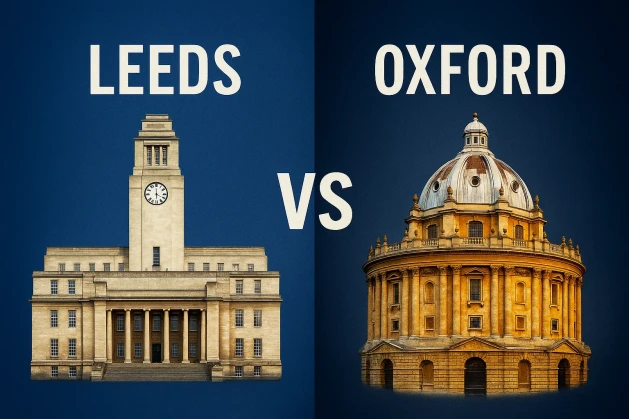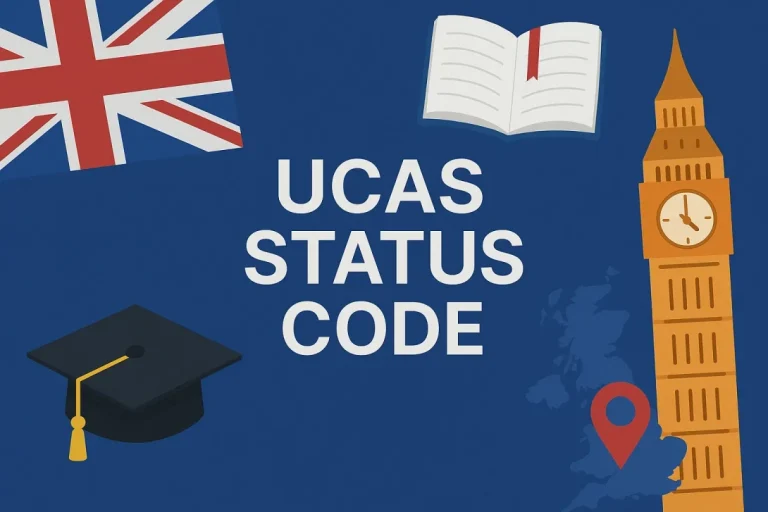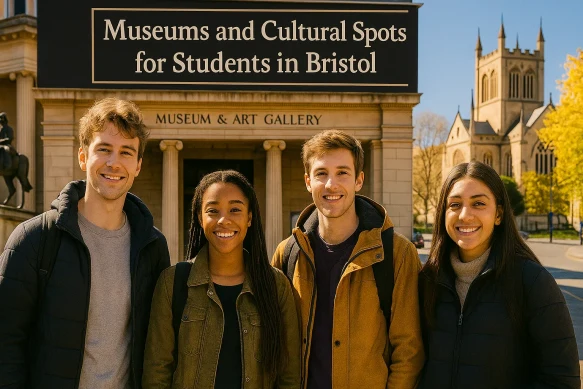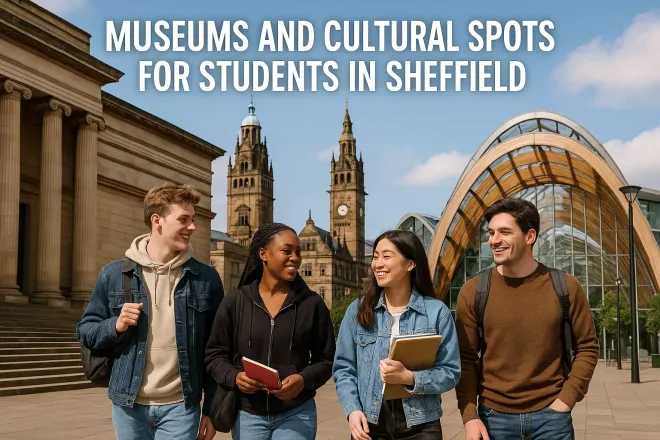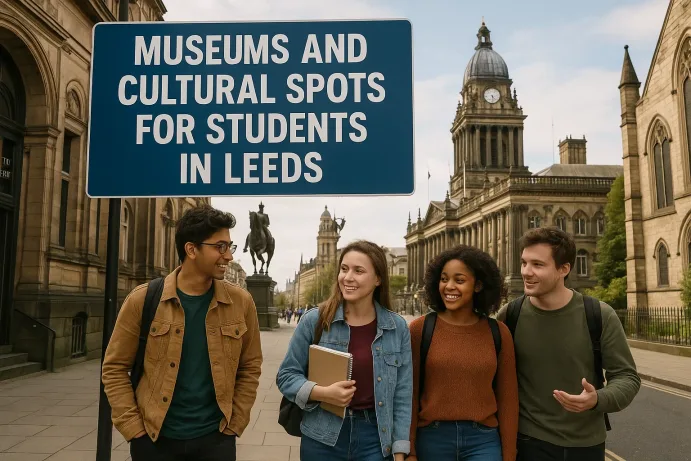Emergency situations never give you a warning that they are coming, don’t it? And, we have all been in situations or crucial moments where a safety number is all we require. As a national or international student in UK, it is essential to remember emergency numbers. After all, you never know when these numbers can come in handy and maybe save your or someone’s life.
The government or nationals have been working day and night to ensure everyone is safe in UK. This is where emergency call numbers in UK make sense. From hospitals to fire stations, the system has been designed to respond immediately. Whether you are in college or student accommodation in UK – Uninist also stands beside them to help in the hard times. So, don’t worry anymore as Uninist has got your back in every aspect of student life. Let’s get into the blog to find out the top emergency numbers for students in UK!
Table of Contents
Why Knowing Emergency Call Numbers in UK Matters for Students?
As mentioned earlier, an emergency situation can arise anywhere, anytime. And, during such times only the first responders are helpful. Here are the top reasons to know all these UK emergency numbers:
- Helpful for International Students: As an international student, living in an entirely new country can be challenging. Hence, it is essential to learn helplines and emergency numbers to be prepared for any situation.
- Professional Assistance: The helpline numbers connect you directly to trained professionals and emergency operators. So, you will get professional services even during the hard times.
- Reduce Panic: Familiarity with emergency numbers helps to reduce panic and tense situations.
- Personal Safety: Personal safety is very important and the emergency call numbers in UK ensures nothing but safety. Especially if you are an international student, these numbers should be on your fingertips.
What Are the Main Emergency Numbers in UK?
The United Kingom has been working day and night to be present for citizens. That’s why here are most important emergency numbers for students to know:
- The Primary Emergency Number: The primary emergency number in UK is 999. This is UK’s official number for all life-threatening emergencies. This emergency number is everything, it is the ambulance number of UK, the police contact number in UK,the fire brigade, and the coastguard. The best part about 999 is that the operators directly connect you to the correct emergency services according to your situation.
- The EU-wide Emergency Number: The whole EU made a very great decision of keeping the helpline number simple. This number can also work anywhere in the EU. The helpline number is 112 and it works exactly like 999, but the difference is it works in all EU countries. This number can be useful for students who might travel within Europe.
Numbers like 999 and 112 are free to call and available at all times. So, you can reach them instantly and ask for help according to your situation.
What are other Important Numbers in UK?
Yes, you read it right. The UK is not limited to only two numbers as there can be “non-emergency situations” too. Here is the list of non-emergency and other numbers in UK for students:
- 111- Non emergency medical helpline
- 101- police non-emergency number
- Mental health and emotional support
- Safety and security for students
- Fraud and scam
There can be situations where emergency number lines can be beneficial but not as serious as others. Moreover, it is important to keep the emergency line clear in case of emergencies with higher risk. Let’s discuss further on these non-emergency call numbers in UK in detail.
111- Non-Emergency Medical Helpline
- The 111 is an NHS direct number and used in urgent but not life-threatening medical needs. They are also staffed with trained health professionals who can give immediate medical advice.
- The NHS can guide you on whether you need to see a GP, visit an urgent care centre, or go to a hospital. This emergency hotline in UK is also free to call and available 24/7 just like other emergency numbers.
- You can also visit their website available online for digital self-assessment.
101- Police Non-Emergency Number
- Just like the medical department, the police department also has a number for non life-threatening situations which is 101.
- This number is suitable for reporting crimes that have already happened or for seeking general advice from police.
- Just like every emergency call number in UK, this number is also free to call and available 24/7. The calls are routed to your local police force for appropriate response.
Mental Health and Emotional Support
- If you are a student then this is a must-remember number. There can be times when you need mental and emotional support. This is where these mental and emotional support numbers are very helpful. There are two types of support numbers:
- Samaritans is a number where you can call for support. The number for Samaritans is 116 123. They provide confidential emotional support to anyone experiencing distress. Available 24/7, you can call them for free and get help from trained volunteers who listen to you without any judgement.
- Shout is a number where you can text and seek support. The number for shout text is 85258. It is a free text message support service for mental health concerns. They allow you to communicate discreetly if you prefer text for call. They are also available 24/7 and can be contacted from anywhere in UK.
Safety and Security for Students
- As a student, safety and security are quite important, so is knowing the safety and security numbers. If someone is travelling from train, bus, or any other public transport and feel threatened, they can contact on 61016 over text. This number is British Transport Police and dedicated to ensure safety on public transport.
- Another emergency call number in UK for safety and security is 0800 789 321 which is an Anti-terrorist Hotline. This helpline number allows people to report any suspicious activity potentially related to terriosm. These calls are taken very seriously and investigated by relevant security agencies so don’t call them unless it is necessary.
Fraud and Scam
- The helpline for fraud and scam is 0300 123 2040. This action fraud UK number is used in case fraud and scam also used in case of cybercrime.
- This UK’s official reporting centre provides you advice on protection from scam and frauds and also provides guidance on recovering from identity theft.
- The helpline number is open on weekdays, but they have an online reporting option available at all times.
A Quick-Reference Table of Emergency call numbers in UK
For student’s safety and convenience, here is a quickie-reference table of emergency numbers in UK:
| Service | Number | When to use |
| Police, Ambulance, Fire, Coastguard | 999 | Life-threatening emergencies |
| NHS Medical Advice | 111 | Non-emergency medical issues |
| Police Non-Emergency | 101 | Crime not in progress |
| Mental Health Support | 116 123 | Emotional, distress support |
| Text Mental Health Support | 85258 | Urgent mental health support |
| British Transport Police | 61016 | Crime on public transport |
| Anti-Terrorism Helpline | 0800 789 321 | Suspicious activity related to terrorism |
| Action Fraud | 0300 123 2040 | Reporting of scams or cybercrimes. |
Conclusion
Living in a new country as a student can sometimes be scary. After all, living alone in student accommodation in the UK can be lonely sometimes. To ensure students feel safe and sound, UK is working for any situation out there. Students can easily connect to the first responders via emergency call numbers in UK. From medical to fraud, we covered it all so you don’t have to search them individually. To make things easier, this blog has been curated to help national and international students across UK. So, go ahead and take a screenshot of the table as you never know when you may need it!
FAQ
-
What is the Helpline Number of Police in UK?
The helpline number for police in the UK is 999. This number can be used for medical, police, fire brigade and coastguard. And in case of non-emergency situations you can use 101 for police assistance.
-
If You Want to Report a Crime On Public Transport in the UK, Which Helpline to Call?
The UK has a designated helpline number designed for crimes on public transport. The number is 61016, you can reach them over text.
-
Which Emergency Number in UK You Should Call for Medical Assistance?
If the situation is non life-threatening, you can call 111. However, in the times when a situation is life-threatening, call 999.
-
What is the Mental Health Support Helpline of UK?
If you need mental health support you can reach them over call and over text as well. The number for call is 116 123 and for text the number is 85258.
-
Where to Report Cybercrime in UK?
You can report a cybercrime, fraud, or scam on the helpline number 0300 123 2040.
-
Where can I find a list of important emergency numbers in the UK?
You can find a quick reference list of all essential emergency numbers in the UK in this blog.


